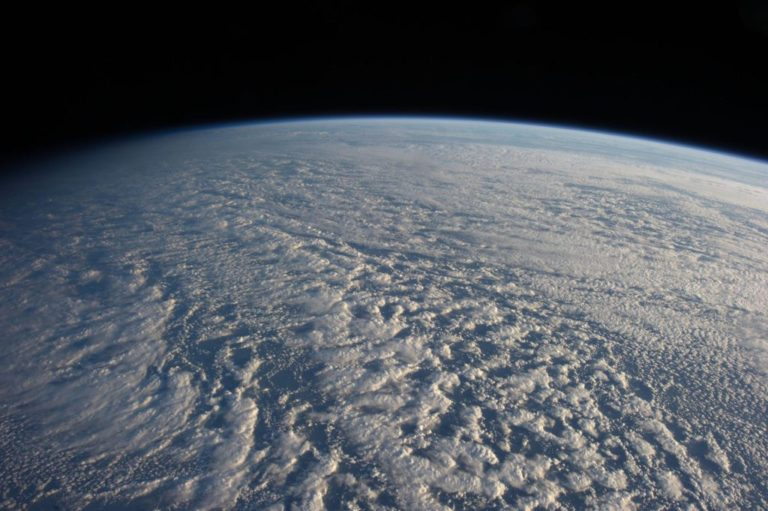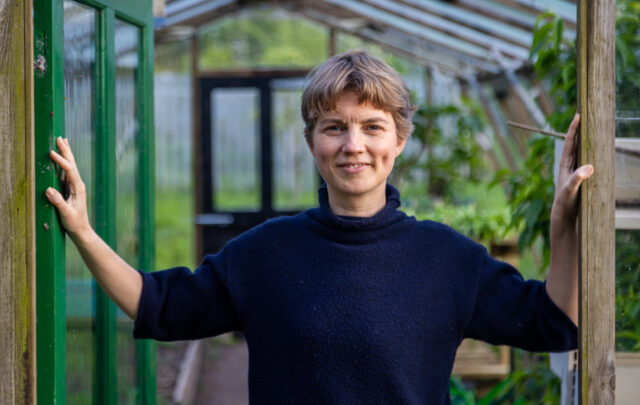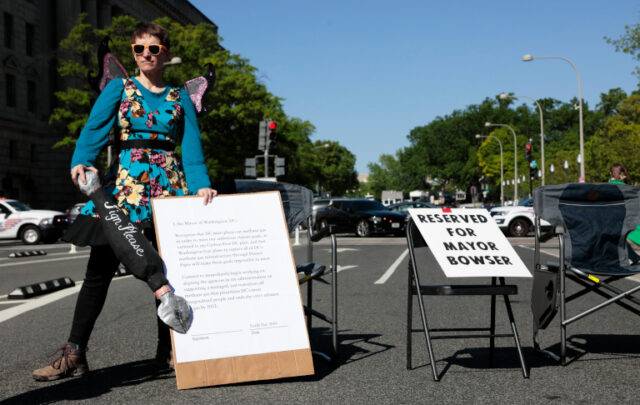Now the title to this week’s reflection may sound a bit alarmist. Intentionally so. It’s right out of a thousand disaster movies where people scream this wildly as their ship is sinking, their plane is crashing, or the tsunami is heading for them.
But in actuality, it’s true. If you remember that at the end of every life is death, this helps give us perspective. So I reminded myself of that when I read this horror-inducing new article about how scientists have underestimated the warming that increases in carbon dioxide will cause.
The CO2 concentrations that scientists had previously modeled would bring a 3 degree Celsius increase in average global temperature will actually raise temperatures by 4 or 5 degrees. This is due to a new understanding in how warming will shift cloud cover, and how these changes will actually exacerbate, not inhibit, warming. (Specifically more “high clouds” will form in the bottom layer of Earth’s atmosphere, holding more of the sun’s heat; and fewer stratocumulus clouds will form on the west coasts of continents reflecting less of the sun’s rays and thus allowing more heat in.) This, according to lead author, Mark Zelinka, will make the Paris Agreement targets “harder to achieve” (which in scientistese is like saying “we’re all gonna die!”). But let’s strip off the exclamation point—and the panic—in this statement.
Even before we unleashed the looming climate catastrophe, our lives were going to end in exactly the same way. Blood would stop reaching our brains and we’d be dead (as this funny animation makes clear). Our species, too, would eventually die out, probably after human civilization did the same. Yes, of course, we’re accelerating the latter two and probably the first as well. That is, perhaps, where the fear really resides. That we have no control over reining in the climate crisis, which could shorten our lives, the lives of our loved ones, and even strangers, none of whom deserve any of this.
But every time I cross a street or get into a car, I worry about the same thing. A few days ago, as I drove 65 miles/hour on the highway to my mom’s house I watched a big SUV in front of me creep into the right shoulder only to lurch back suddenly when it hit the rumble strip. After the third time I witnessed this I had the chance to pass (on the left of course!) and saw—no surprise—a driver with the phone on the steering wheel, head down (gender pronouns intentionally omitted as this has nothing to do with gender). Later that same day, which was very windy, an 80-foot tree fell just a few hundred feet from a group of seven of us including my son and me.
Every day, the odds of dying are higher than we might think. That’s not a statement to generate hysteria or anxiety, but to relieve some when thinking about the far off threat of climate catastrophe. Obviously, I’m not suggesting we therefore not worry about it. Just the opposite. I drive extremely defensively because I know people drive distracted (which could kill me). While driving, I also heard on the radio that there would be high winds that day, so that afternoon when the tree fell, I was actively keeping my head up and searching for deadfall (admittedly probably giving myself more a feeling of control than true safety but some protection nonetheless).
And with climate change, perhaps this new study can take away some of our false hope and replace it with true acceptance. The Paris Agreement was magical thinking even before this research came out—dependent on political will we don’t have and technologies that don’t exist that could sequester more carbon in the future (since we don’t have the political will now). Especially as an increasing share of resources go to disaster management (how much will dealing with the Australian fires cost?), where will we find the resources (or, again, the will) needed to shift consumer societies into ones that are centered on sustainability?
So instead, when it comes to climate change, we need to learn to drive defensively.
First that means not driving 20 miles over the speed limit, the climate equivalent of burning fossil fuels recklessly. Every fraction of a degree matters. A 3-degree world will be more livable than a 3.5-degree world. So don’t speed. The time you save speeding is certainly not worth the significantly heightened risk of injury or death. You can apply that to anything climate-wise: line drying clothes vs. in a dryer; commuting by bike vs. car or train vs. plane (when realistic); cooking vs. prepackaged meals, etc. Yes, you save some time with the latter options, but are they really worth it? (And I recognize sometimes the answer is yes—the same way we drive 8 or 9 miles/hour over the speed limit when we can get away with it—but especially if you can answer ‘no’ to the question, then shouldn’t you pick the slower, more sustainable option?)
But slowing down is not enough. We need to become constantly aware that the drivers around us may swerve, brake, or falter, creating a sudden emergency. How are you prepared for the changes that will be thrust upon you and your community as the climate system breaks down? Do you have less than $100 in your home and food for just the next few days? Do you know where your flashlights (and batteries) are? Do you know your neighbors? Do you have any basic skills that might be useful—from gardening to wilderness first aid to conflict mediation?
Get trained in something, or volunteer in a way that provides training. It’s not about getting a piece of paper that says you’re certified but about having a variety of skills that can keep you and your community alive and well. This will give you the confidence not to panic when people around you finally realize what’s happening and start screaming “We’re all gonna die!” Instead, you can look calmly at them and in your best Arnold Schwarzenegger voice say “Come with me if you want to live.”
And lastly, to truly drive defensively, we need to engage politically. If laws and enforcement of laws don’t improve, people will continue texting and driving and people will continue suffering from those behaviors. If we don’t engage politically with climate change, we, or others, will become victims of that as well. This past week, we had our first Gaian group chat and all agreed that we struggle with what effective activism looks like. I won’t try to suggest how we should best engage politically. I do not have that answer—for myself, let alone others—one reason why I’m so excited for next month’s Gaian chat where we’ll grapple with this question. More details on that in future newsletters, but until then, ‘Keep Calm and Drive Defensively.’
Feature image: Stratocumulus Clouds Over Pacific, NASA





